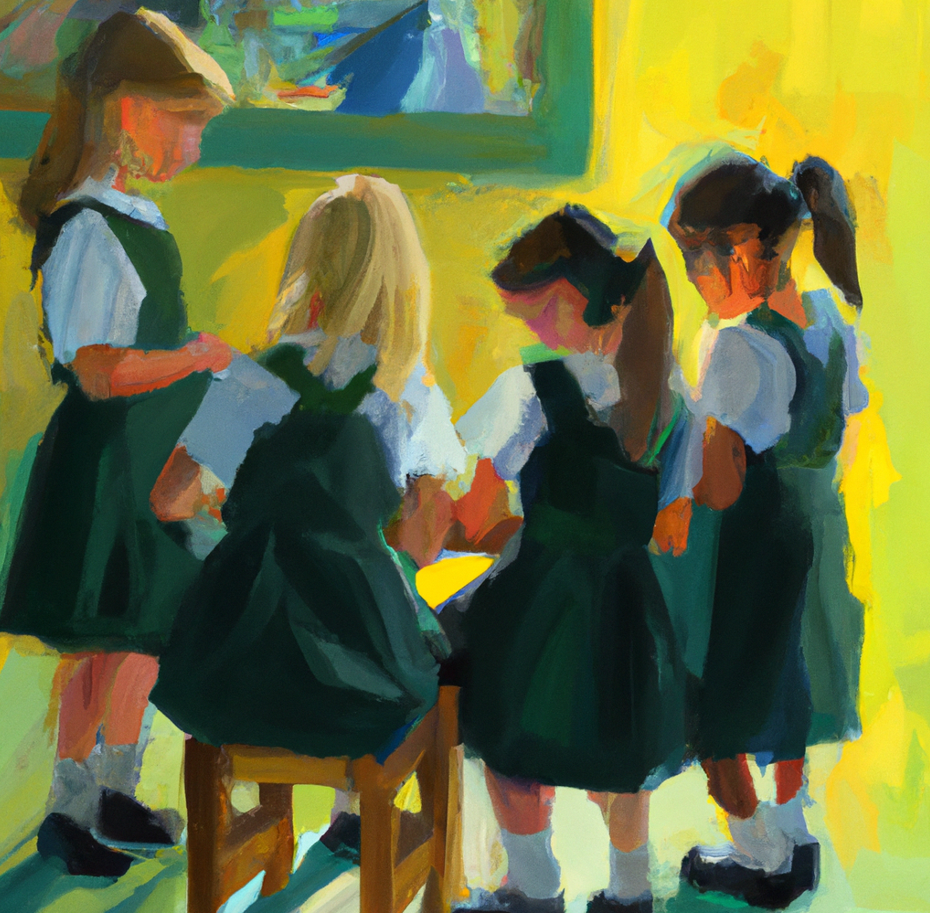The COVID-19 pandemic has had a profound impact on various sectors, and education is no exception. Private schools, which often have more leeway in terms of adapting to new challenges compared to public institutions, have been at the forefront of implementing changes. As we move forward, what should we keep, and what should we reintegrate from pre-pandemic times? Here’s a balanced perspective on sustaining beneficial innovations and reclaiming valuable traditions.
Beneficial Innovations to Institutionalize in Private Schools
Remote Learning Options
The pandemic forced educational institutions to develop and refine remote learning systems. These platforms have been invaluable for maintaining educational continuity and should not be entirely discarded. Private schools should keep this option open for emergency situations, or for students with special needs who may benefit from a more customized learning environment.
Emphasis on Mental Health
The challenges of the pandemic heightened awareness about the importance of mental health. Many private schools began integrating mental health modules in their curriculum and offering more counseling services. This positive trend should persist, ensuring that students are not just academically equipped but emotionally resilient as well.
Technological Integration
The pandemic served as a crash course in technological literacy for both educators and students. The newfound familiarity with digital tools should be maintained and integrated further into the curriculum, whether it’s software for collaborative projects or platforms for virtual field trips.
Valuable Traditions to Reintegrate in the Post-COVID Era
In-Person Social Interaction
One of the downsides of remote learning has been the lack of face-to-face interaction. Social skills are as critical as academic skills, and these are best developed through in-person experiences. Private schools should prioritize resuming activities that promote social interaction, such as group projects, sports, and extracurricular activities, albeit with appropriate safety measures.
Hands-On Learning
Certain subjects like science and art require hands-on experience that a virtual environment can’t replicate effectively. Laboratories, workshops, and art studios are an integral part of the educational experience and should be reintegrated into the academic landscape.
Community Building
School isn’t just about individual students; it’s about building a community. In-person events like assemblies, parent-teacher meetings, and festivals foster a sense of community. As safety allows, these should be gradually reintroduced to regain the collective spirit that was partially lost during remote learning.
Conclusion
The post-COVID era offers private schools an unprecedented opportunity to reimagine education. However, not all changes necessitated by the pandemic should become permanent, and not all pre-pandemic practices should be discarded. Striking the right balance between innovation and tradition will equip private schools to offer a well-rounded, effective, and humane education for the future.

